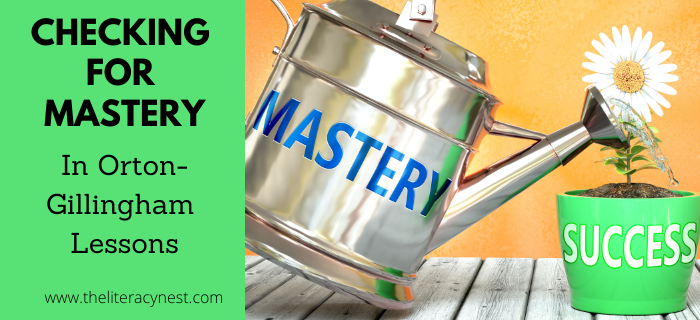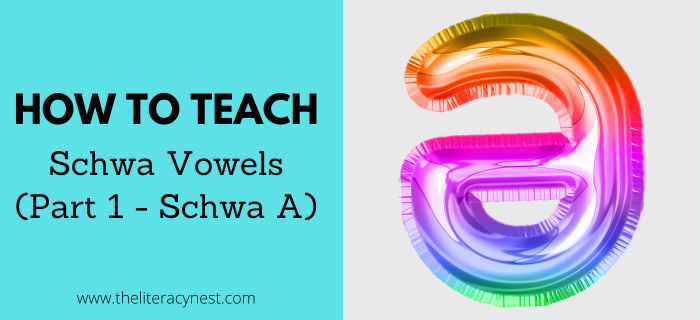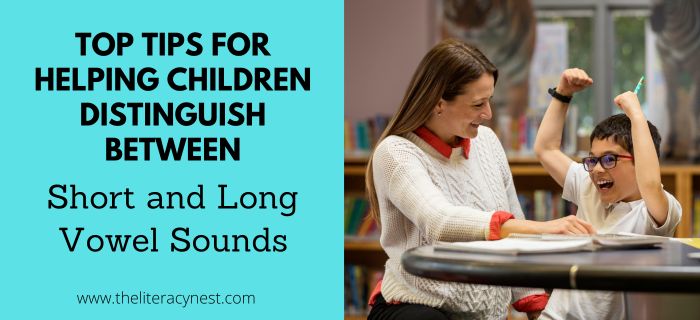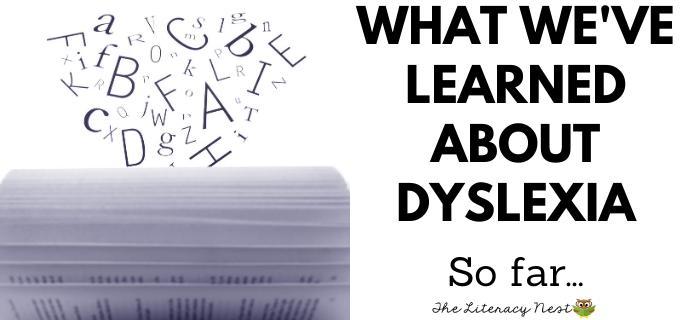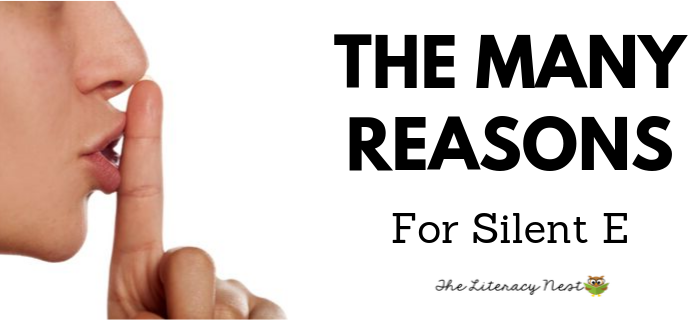Checking for Mastery In Orton-Gillingham Lessons
Teaching to mastery is one of the most important considerations when teaching your students with dyslexia. Striving readers and writers very often find the class and instruction moving forward before they have had a chance to master new concepts. This results in learning gaps. When I encountered this in pupils at school, I would describe…

